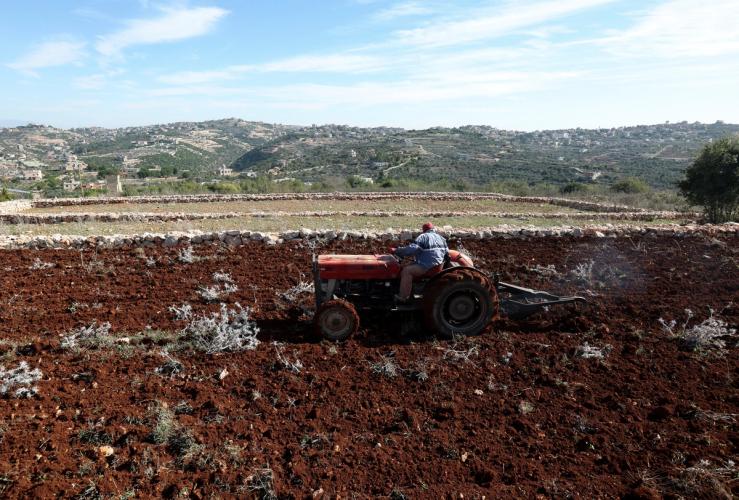The News
Kenya and Malawi are helping to plug a shortage of farm workers in Israel caused by the departure of thousands of foreign workers since the start of the country’s war with Hamas.
More than 10,000 foreign farm workers have left the country since the conflict began in early October, according to the Israeli government.
Kenya’s Labour ministry this week announced that the country will send 1,500 farm workers to Israel, to be employed on three-year renewable contracts earning $1500 per month. The announcement came a fortnight after Malawi similarly sent 221 workers to Israel. It plans to send 5,000 more workers to the country.
But the governments of both African countries are facing questions in their countries over the decision to send workers during the ongoing conflict. Critics emphasize safety and security concerns, as well as the potential impact on the strength of local workforces.
In this article:
Know More
Israel’s agriculture minister disclosed in a CNN interview that the country needed 30,000 to 40,000 farm workers.
Kenya’s President William Ruto said in November that the government plans to send ‘3,000 to 5,000’ Kenyan workers abroad every week. He is keen on signing bilateral agreements with countries including Germany, Saudi Arabia and the United Arab Emirates (UAE) to open up more jobs for Kenyans and increase the revenue generated from remittances.
Malawi’s announcement came weeks after it received a $60 million aid package from Israel. The country is also grappling with high unemployment.
Martin’s view
Sending workers to Israel at the height of the war with Hamas is bound to stoke emotions and disagreement in Kenya and Malawi, while also raising concerns over safety. However, their move also raises pertinent questions about the state of labor in Africa, as many workers are eyeing opportunities abroad regardless of potential risks.
A 2022 survey of youth in 15 African countries, the African Youth Survey, found that 52% of young people in Africa planned to move abroad within the next three years. The figure rose to nearly three quarters in Nigeria and Sudan.
In Kenya, job opportunities abroad are becoming more appealing to young people as well-paying local jobs remain scarce and the cost of living soars. The government — which is struggling to create new jobs at a fast enough rate, amid galloping inflation that has caused a cost of living crisis — sees foreign markets in need of labor as potential destinations for workers. The government also gets to haul in remittances from those in the diaspora.
Dr. Ekuru Aukot is the leader of Kenya’s Thirdway Alliance party which has questioned Ruto’s jobs policy. He told Semafor Africa that the president’s focus on jobs abroad was an indictment of his administration’s “failure to create jobs which he promised during his campaign in 2022,” further warning that the policy could deprive Kenya’s workforce of energetic, young talent.
Aukot described the decision to send farm workers to Israel during the conflict as “irresponsible” citing safety concerns. Both Malawi and Kenya have, however, emphasized that workers will be sent to safe areas.
The View From Tanzania
Clemence Felix Mtenga was a Tanzanian agriculture intern in Israel who was killed following the Oct. 7 attacks. The 22-year old had arrived in Israel only a month earlier, as part of a study programme.
Alongside fellow Tanzanian intern Joshua Mollel, he was considered missing after the Hamas attacks before eventually being confirmed dead on Nov. 18. His body was repatriated to Tanzania.
At the time of the attack, 36 agriculture interns from Tanzania were reportedly living near Gaza. The rest have been accounted for. Mtenga’s family and friends described him as a leader and a hardworking individual.




